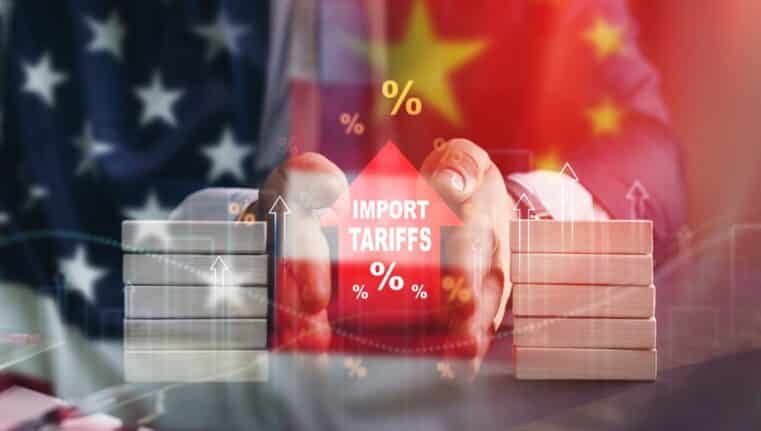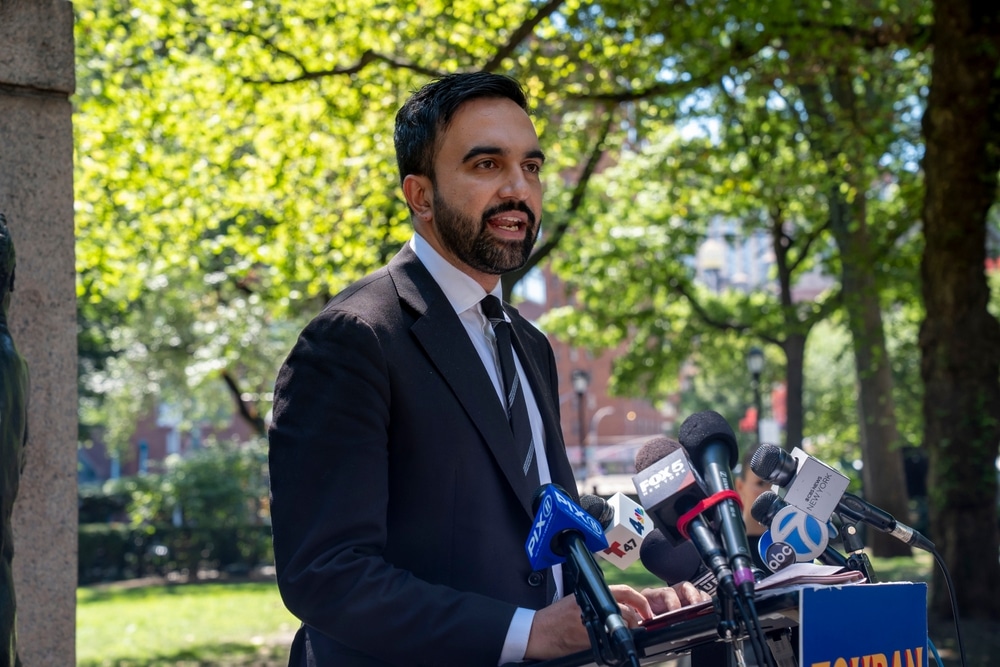
Trump’s Foreign Policy Shake-Up: A Libertarian Perspective on the NSC Overhaul
The Dismissals: Clearing Out the Neocon Mold
The quiet dismissal of NSC hardliners like Eric Trager, Merav Ceren, and Morgan Ortagus signals a break from the Israeli-first doctrine that’s dominated U.S. Middle East policy for decades. These weren’t your average bureaucrats. They were ideological operatives with a clear agenda—promoting endless antagonism with Iran, greenlighting covert games in Lebanon, and doubling down on proxy politics that kept the U.S. entangled in foreign conflicts.
Merav Ceren’s background with Israel’s Ministry of Defense and her deep ties to hawkish think tanks like the FDD made her a reliable voice for escalation, not diplomacy. Trager, a vocal critic of the Muslim Brotherhood and advocate for hardline stances on Qatar and Iran, represented the intellectual arm of a faction that equated diplomacy with weakness. And Morgan Ortagus, a media-savvy ex-intelligence analyst, overreached when she tried to pivot U.S. policy on Syria while cheerleading Israeli operations on Lebanese soil.
Their removal isn’t just symbolic. It’s a tactical signal.
The Pivot: Diplomacy, Sanctions Relief, and Strategic Autonomy?
According to insiders, the administration is exploring the easing of sanctions on Syria and floating renewed talks with Iran. These are significant moves. Sanctions have long served as a blunt instrument of coercion, punishing civilian populations more than regimes. If these efforts are sincere, they mark a shift away from collective punishment and toward strategic pragmatism.
More importantly, this isn’t happening in a vacuum. Trump’s recent diplomatic circuit across the Gulf—Saudi Arabia, Qatar, the UAE—deliberately excluded Israel. That omission is louder than words. It suggests a rebalancing of U.S. alliances, potentially moving toward a multipolar strategy that acknowledges regional power dynamics without defaulting to militarism.
The Internal Struggle: Realignment or Power Grab?
There’s a deeper layer to this. Trump reportedly wants to cut the NSC in half. That move resonates with those of us who advocate for smaller government. But let’s not be naive. Centralizing foreign policy in a smaller, tighter circle can easily slip from “streamlining” into authoritarian overreach. Power loves a vacuum, and fewer voices in the room means fewer checks on reckless escalation or backchannel deals.
Replacing seasoned hawks with ideological loyalists doesn’t guarantee restraint—it guarantees compliance. And while some of those replacements reportedly share Vice President JD Vance’s anti-interventionist ethos, intentions are only as good as the constraints that bind them.
The Netanyahu Rift: Cracks in the Alliance
The bigger geopolitical story here is the widening gulf between Trump and Benjamin Netanyahu. For years, U.S. policy in the region operated like an annex of Israeli defense strategy. But now, with Netanyahu pushing for unilateral strikes on Iran—and doing it without White House approval—Trump appears to be reclaiming executive control. Whether this rift leads to genuine independence or just a realignment of interests remains to be seen.
Even as Trump denied reports of offering Iran a limited uranium enrichment deal, the mere existence of the leak reveals friction inside his own camp. This isn’t diplomacy by design. It’s diplomacy by tug-of-war.
Closing Thoughts: Stay Sharp
These moves shouldn’t be dismissed or blindly celebrated. Yes, shedding neocon relics is a welcome change. But don’t confuse tactical pivots with ideological transformation. This isn’t a revolution—it’s a recalibration. And recalibrations can revert.
If this is truly a step toward foreign policy rooted in sovereignty, trade, and non-intervention, then we’ll watch with cautious optimism. But if it's just another way to consolidate executive power while selling the illusion of restraint, the old beast hasn’t been slain—just redressed.
Protect yourself in the storm to come.
Download: Seven Steps to Protect Yourself from Bank Failure
No one’s coming to save you. Own your fate.
—Derek Wolfe











